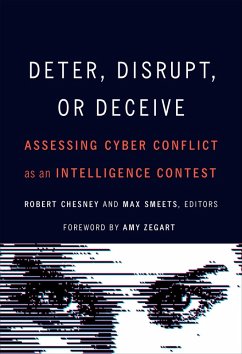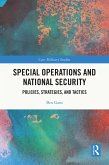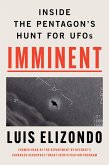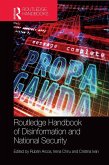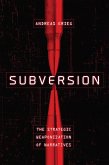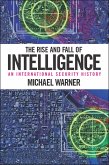A fresh perspective on statecraft in the cyber domain
The idea of "cyber war" has played a dominant role in both academic and popular discourse concerning the nature of statecraft in the cyber domain. However, this lens of war and its expectations for death and destruction may distort rather than help clarify the nature of cyber competition and conflict. Are cyber activities actually more like an intelligence contest, where both states and nonstate actors grapple for information advantage below the threshold of war?
In Deter, Disrupt, or Deceive, Robert Chesney and Max Smeets argue that reframing cyber competition as an intelligence contest will improve our ability to analyze and strategize about cyber events and policy. The contributors to this volume debate the logics and implications of this reframing. They examine this intelligence concept across several areas of cyber security policy and in different national contexts. Taken as a whole, the chapters give rise to a unique dialogue, illustrating areas of agreement and disagreement among leading experts and placing all of it in conversation with the larger fields of international relations and intelligence studies.
Deter, Disrupt, or Deceive is a must read because it offers a new way for scholars, practitioners, and students to understand statecraft in the cyber domain.
The idea of "cyber war" has played a dominant role in both academic and popular discourse concerning the nature of statecraft in the cyber domain. However, this lens of war and its expectations for death and destruction may distort rather than help clarify the nature of cyber competition and conflict. Are cyber activities actually more like an intelligence contest, where both states and nonstate actors grapple for information advantage below the threshold of war?
In Deter, Disrupt, or Deceive, Robert Chesney and Max Smeets argue that reframing cyber competition as an intelligence contest will improve our ability to analyze and strategize about cyber events and policy. The contributors to this volume debate the logics and implications of this reframing. They examine this intelligence concept across several areas of cyber security policy and in different national contexts. Taken as a whole, the chapters give rise to a unique dialogue, illustrating areas of agreement and disagreement among leading experts and placing all of it in conversation with the larger fields of international relations and intelligence studies.
Deter, Disrupt, or Deceive is a must read because it offers a new way for scholars, practitioners, and students to understand statecraft in the cyber domain.
Dieser Download kann aus rechtlichen Gründen nur mit Rechnungsadresse in A, D ausgeliefert werden.

